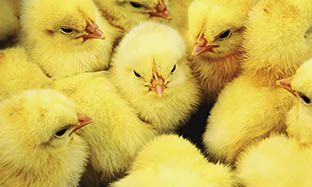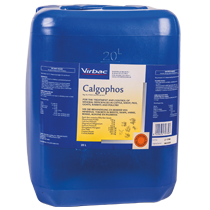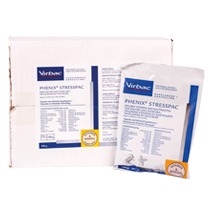
How Supplementing With Vitamin C Helps To Reduce Heat Stress In Poultry
Stress is the result of defence mechanisms in the body when the bird faces extreme conditions or abnormal circumstances, such as excessive heat. High environmental temperature has been noted as the most common stressor of poultry in South Africa. Other stressors include low temperature, ammonia, and dehydration. Poultry requires some form of stress to ensure normal biological functioning. That said, stress factors such as infections, high or low ambient temperatures, overcrowding, and rough handling should be avoided. Heat stress in poultry severely affects the health of the birds. Stress leads to a combination of adaptions in the body to deal with the particular situation. Behavioural, biochemical, and physiological adaption follow.
Behavioural adaption manifests in panting or hyperventilation, the spreading of the feathers or wings, and attempts to keep the body as close as possible to a cool surface. On a biochemical level, the bird uses more oxygen and there is a decrease of CO2 in the bird’s blood. Cellular functions are disrupted because of a change in the potassium (K) homeostasis. At the physiological level, the bird’s adrenal cortex is stimulated, leading to an increase in the secretion of corticosteroids. The result is the suppression of the immune system.
It thus becomes clear that heat stress in poultry compromises the health of the birds and should be avoided as far as possible. Poultry experiences heat stress when the birds are exposed to ambient temperatures higher than 30 °C.
Though it is not always possible to reduce the ambient temperature, especially in South Africa with its exceptionally warm summers, the farmer can help alleviate the effects through supplements. Vitamin C is essential to fight the effects of heat stress in poultry. Vitamin C (ascorbic acid) can be synthesised by the poultry in their kidneys, but when exposed to excessive heat, is insufficient.
Vitamin C is required for the absorption of Vitamin D3 into its metabolic form. This, in turn, is required for calcium metabolism and egg or bone calcification. It plays a vital role in sustaining albumin quality and gluconeogenesis, collagen biosynthesis, and the functioning of the macrophages, which forms the first line of defence against infections. Vitamin C supplementation helps with the mobilisation of minerals from the bones and increases plasma calcium levels for improved eggshell formation. Supplementation can increase body weight, improve energy levels, and help alleviate the effects of heat stress in poultry.
Call us for more information about our Phenix Stresspac supplements that also include other vitamins to improve poultry’s ability to deal with high ambient temperatures.



